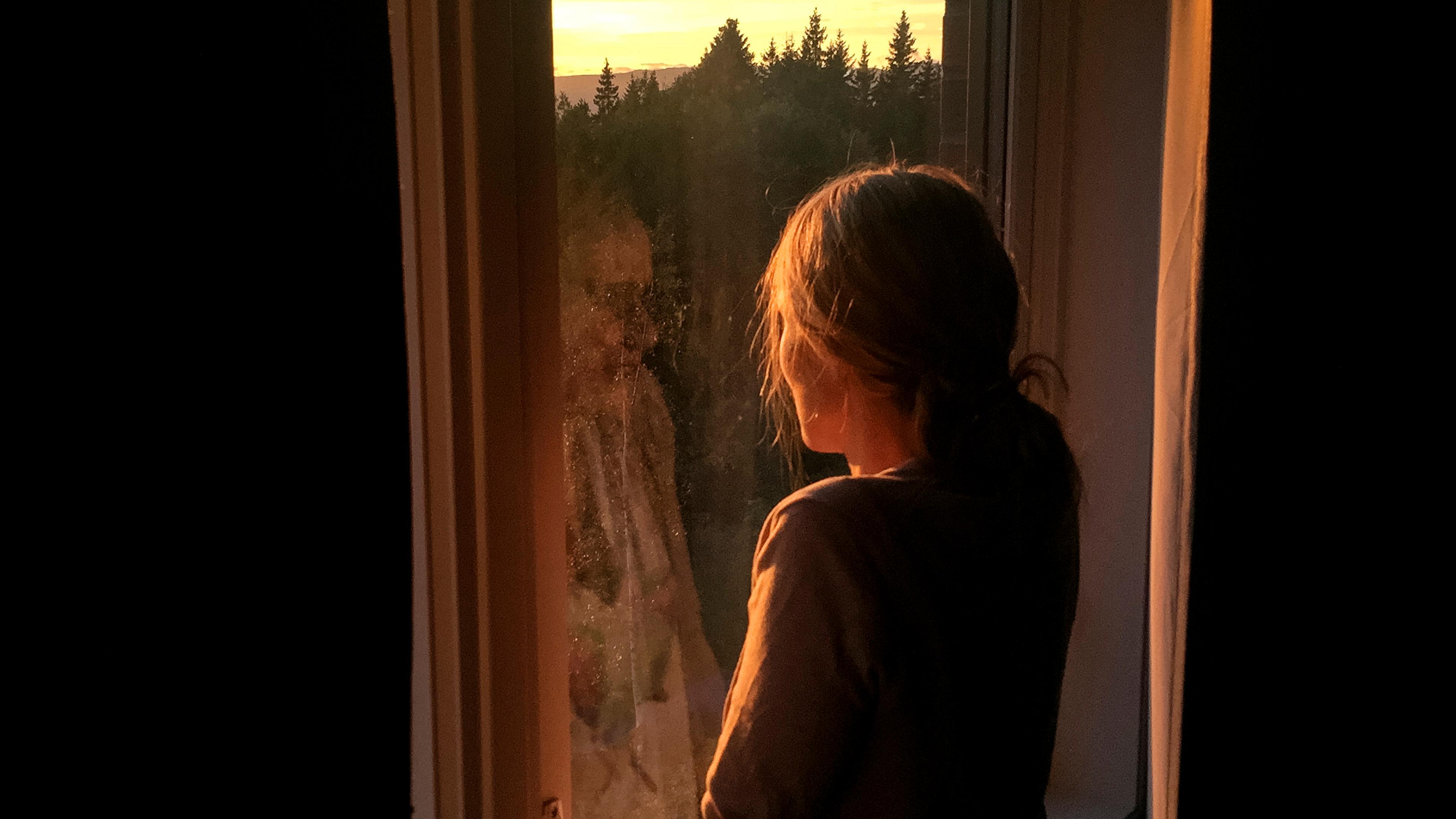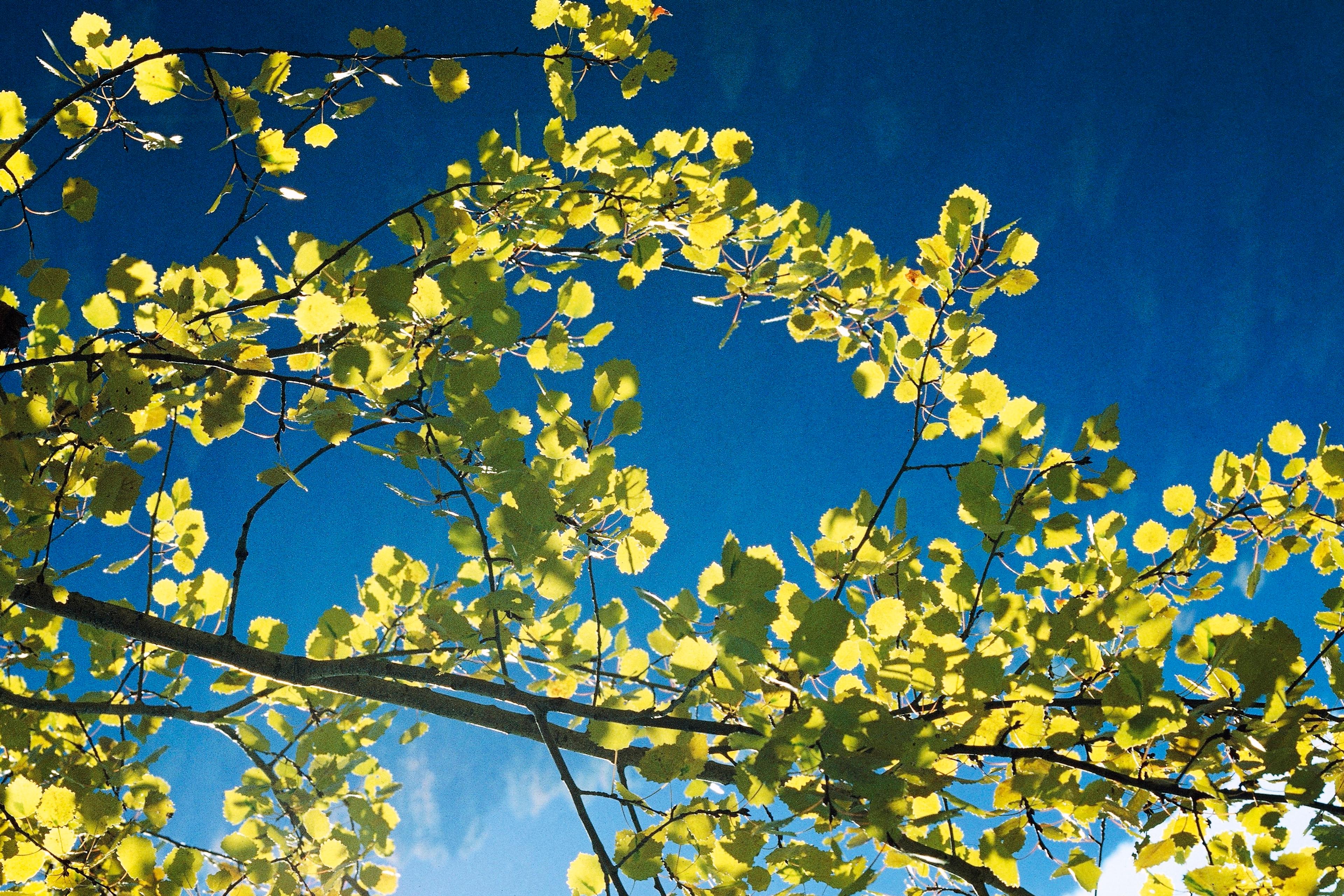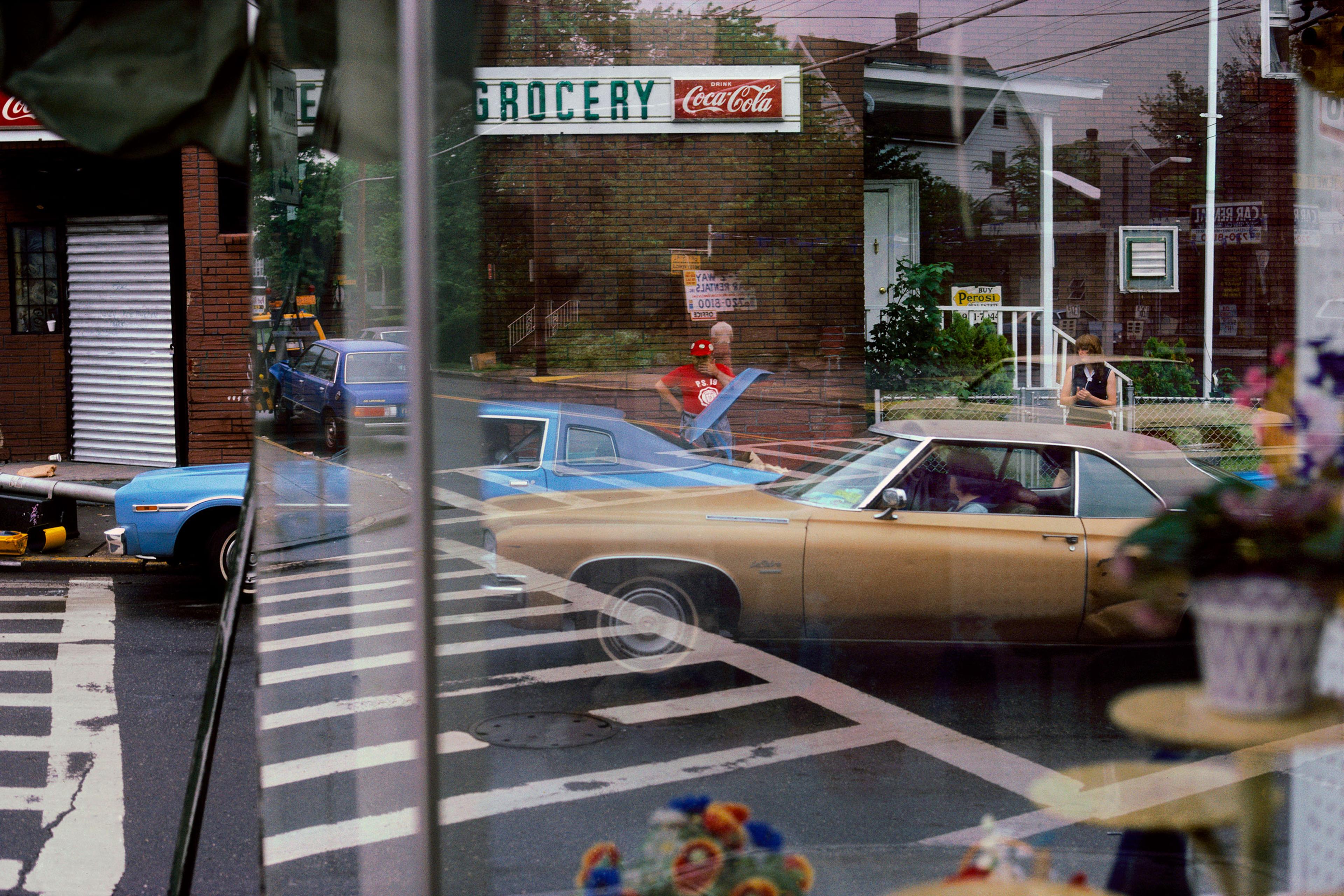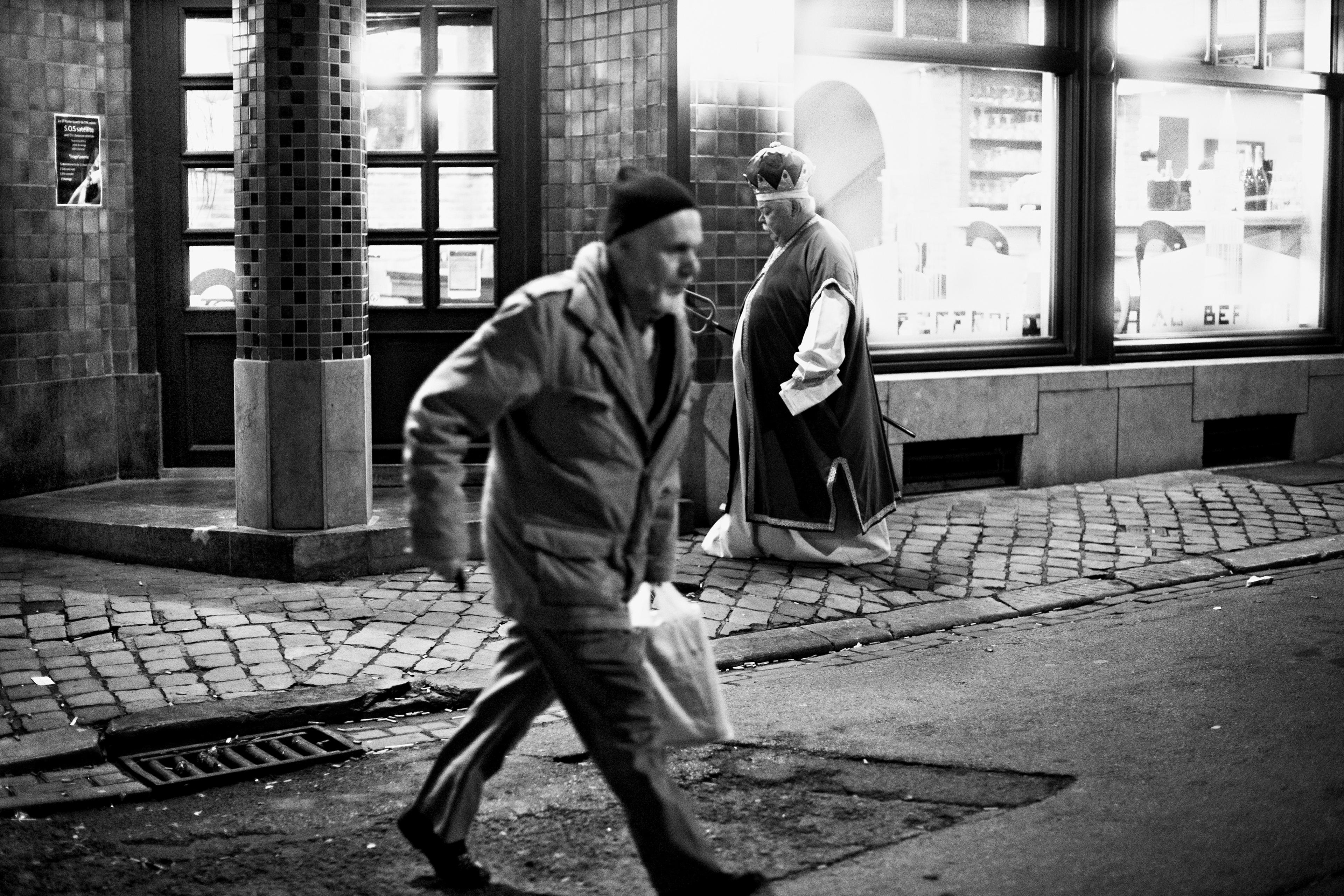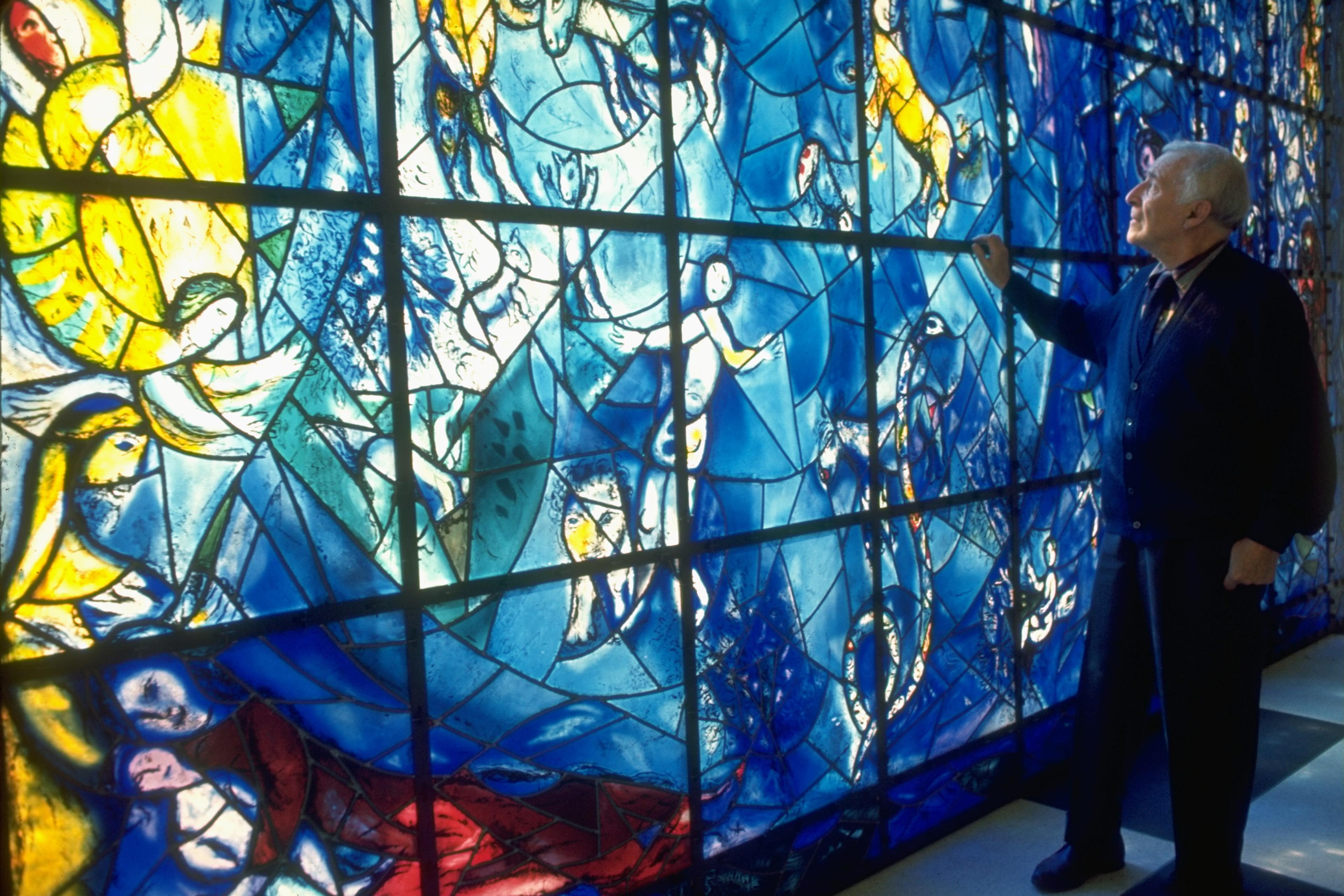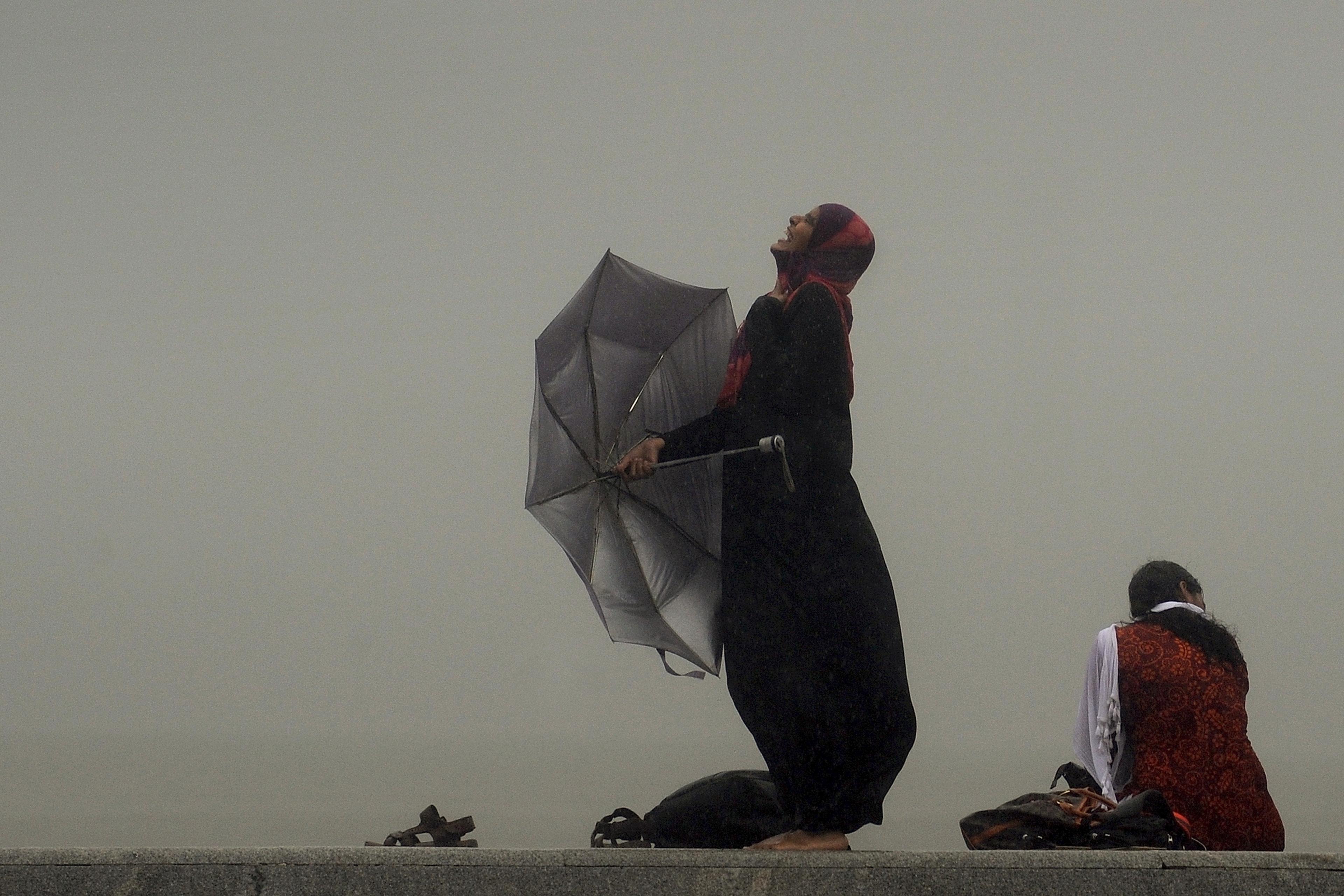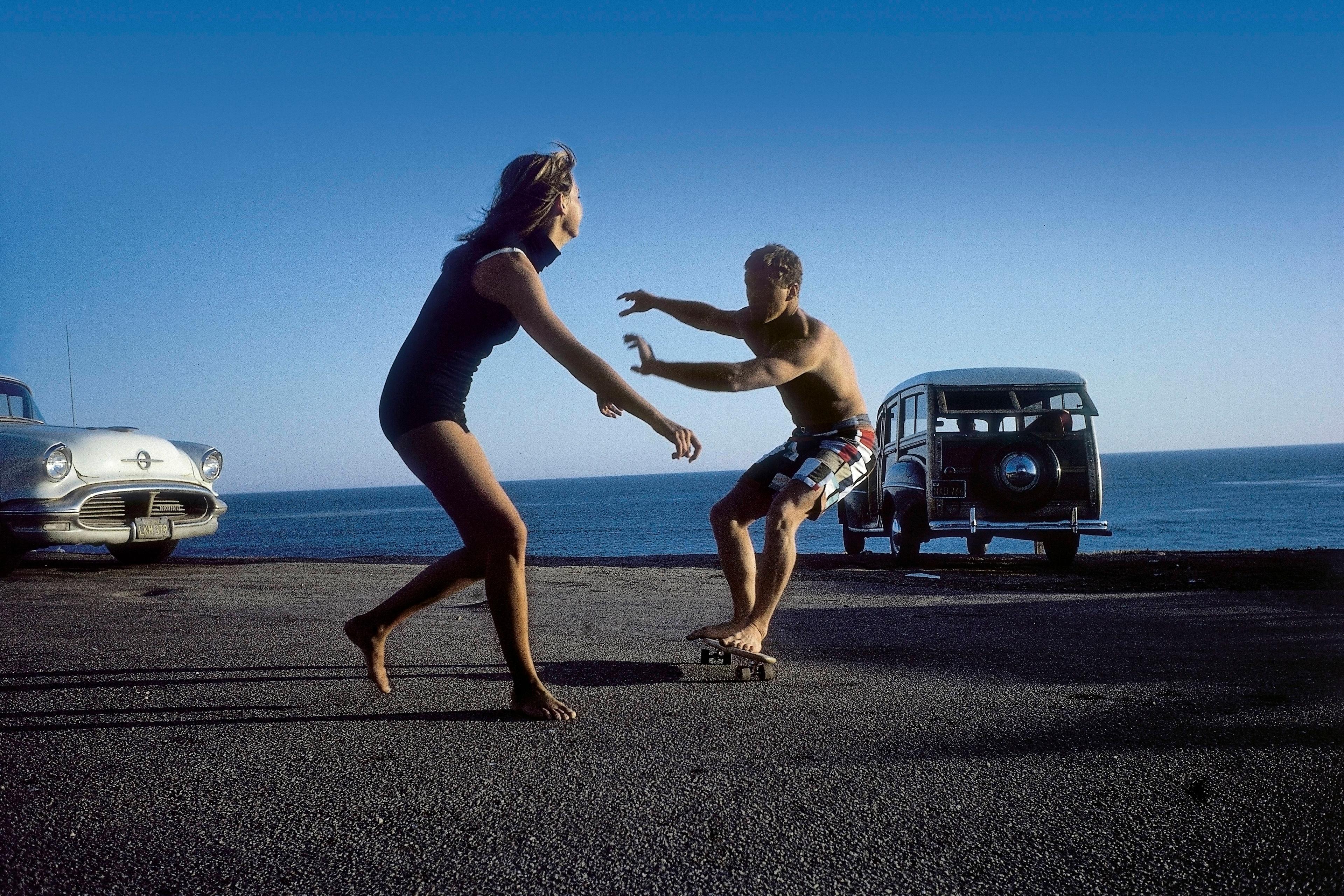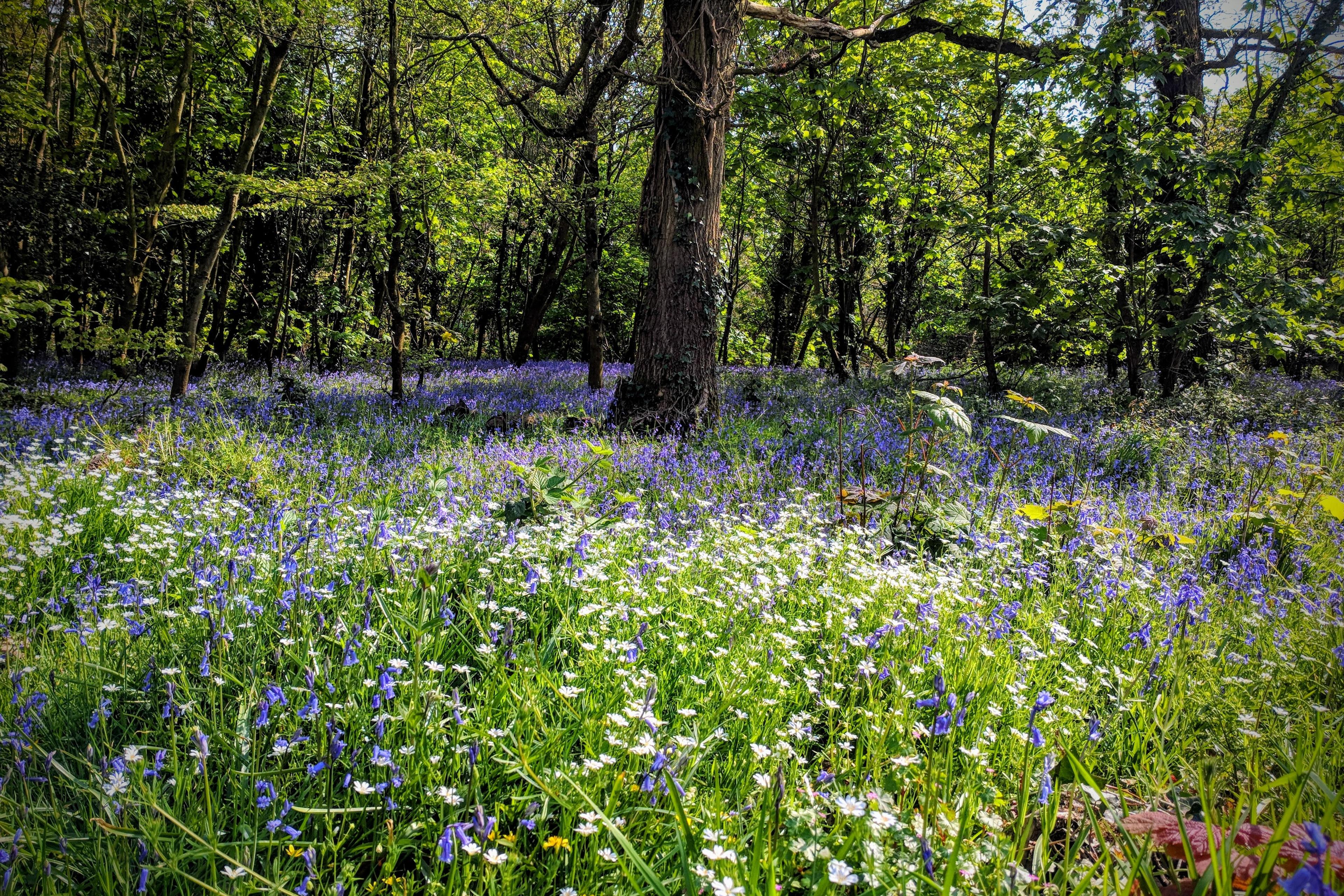One day last week, I woke having slept well. The whole day ahead was free, giving me the sense that its time stretched infinitely before me. It was cold outside, but an intense winter sun streamed through the bedroom windows when I opened the curtains. I had, for obscure reasons, or perhaps for no reason at all, an urgent need to listen to some music and so, having made myself some coffee, I put on Schumann’s Piano Quintet in E-flat major, Op 44. And then, wanting something less exuberant, I listened to Debussy’s Prélude à l’après-midi d’un faune, which then led me back to the poem by Mallarmé, ‘L’après-midi d’un faune’ (1876), that had inspired Debussy’s piece. The poem, like much of Mallarmé’s work, depends heavily on the sounds, the touch, the taste in the mouth, of the French language, and evokes a deep sense of sensuality – a sensuality that is also the poem’s main theme. I spent many hours that day lingering over Mallarmé’s poem, allowing, as best I could, the words to seep into me – and that really was the sensation I had, as if the words were entering into my flesh.
The hours I spent that morning I would describe as moments of rapture. They revolved around an engagement with some wonderful works of art, but I certainly would not wish to claim that it is only in such engagement that we can experience moments of rapture. There are many ways in which we can, and a great deal of these concern an attention to the small things of life – such as, for example, the wonderful winter light pouring through my windows on the morning in question, which was certainly part of my feeling then. And there are no doubt many ways of understanding the notion of rapture, as there are of any complex human experience. But, as I would like to understand it, at least as a point of departure for reflection, rapture is a particular kind of pleasure or delight that turns us in two directions at the same time: towards the object of attention, in which we are wholly absorbed, and towards oneself in a heightened state of consciousness. And with this comes a sense of freedom or liberation.
The key example of this is the kind of abandonment we can experience in sexual love, the deepest of our pleasures: in the act of sex, one is wholly absorbed in the other person, lost in the delight and excitement of being with them; yet, at the same time, one is acutely conscious of oneself as delighting in this, of oneself as experiencing all this. In his wonderful novel G. (1972), John Berger brings this out beautifully when he writes of G making love with Beatrice:
Her difference from him acts like a mirror. Whatever he notices or dwells upon in her, increases his consciousness of himself, without his attention shifting from her.
It is perhaps this extraordinary combination of attention to the other that is also attention to oneself that helps us understand the peculiar absorption we feel in sex. This is why, as Berger also writes, ‘the only poem to be written about sex [is] – here, here, here, here – now.’
The sense of rapture I experienced that morning with the music and the words of Mallarmé, though it may seem very far from sexual experience – and it is, of course, in many ways – is nonetheless characterised by the same sense of turning entirely towards the object, as I was lost in the music and poetry, my attention wholly absorbed by them, together with a heightened sense of myself as experiencing this, as delighting in the sounds. And, as I suggested, crucial in these experiences of rapture is a sense of freedom or liberation: in such moments, we are freed from the travails of the self, its anxieties and worries, its woundedness and vulnerability, its foolishness – which is just our own particular version of the distressing and illimitable foolishness of human beings. We feel freed too from what Virginia Woolf called the ‘cotton wool’ of life – the banal activities with which most of life is filled. Moments of rapture are what Woolf thought of as ‘moments of being’, moments that light up our otherwise largely flat quotidian existence and release us into a kind of plenitude.
Woolf is right, of course. Most of life for those of us who are fortunate enough to live in parts of the world where we enjoy basic political and social stability – a precious rarity in human affairs – is taken up with such things, in Woolf’s words, as this:
One walks, eats, sees things, deals with what has to be done; the broken vacuum cleaner; ordering dinner; writing orders to Mabel; washing; cooking dinner; bookbinding.
At best, we simply forget these tedious practicalities; at worst, they leave us enervated, grinding us down. It is one of the dispiriting ironies of our contemporary bourgeois condition, of our ‘administered society’ as Theodor Adorno put it, that our lives are in so many ways drained of significance, lacking any kind of axiological destination or summation. This is the problem of the disenchanted, modern self that has been largely stripped of all transcendence and construed in naturalistic terms – at least for those of us who can no longer believe in the promises of the old religions.
It is a question, rather, of trying to catch something in our own lives of the spirit of rapture
Hence, in my view, the problems Western societies have with the endless forms of addiction that we have at our disposal – from drugs and pornography to the internet, smartphones and the reality TV that reflects back to us our own banality – as we go in search of release in moments of rapture from the flatness of our lives. But we know that these forms of escape are degraded forms of what we really long for, and leave us only more distressed than before. Even the appalling sight of catastrophic species depletion and the realities of global warming hardly touch us. As the philosopher Michael McGhee put it in Spirituality for the Godless (2021):
It is no accident that the image of the house on fire is a climate emergency trope. And we are all inside: most of us in the Western world pacified, controlled, and absorbed in our games and diversions.
As McGhee says, change, if there is to be any, must come largely from the inside because, as he puts it: ‘There is no one outside with more attractive options.’ In this, he aligns himself with many of the noblest spirits of modernity, those in rebellion against our modern condition and who offer us hope for moments of rapture that are not degraded. One of these is most certainly Woolf, who herself possessed a kind of rapturously mystical vision of the oneness of all things behind local appearances, expressed in many of her novels – perhaps particularly The Waves (1931) – and from which we might learn to look again at the world with fresh eyes.
I think here too of the highwire walker, juggler, pickpocket, magician, unicyclist, woodworker, horserider and writer Philippe Petit, most famous for his highwire walk between the twin towers of the World Trade Center on 7 August 1974. Interviewed for the documentary Man on Wire (2008), Petit said:
To me it’s really so simple that life should be lived on the edge of life. You have to exercise rebellion. To refuse to tape yourself to rules. To refuse your own success. To refuse to repeat yourself. To see every day, every year, every idea as a true challenge. And then you are going to live your life on a tightrope.
Petit shows us how rapture can be connected with danger, in his case, extreme danger: he makes of that danger his rapturous delight and joy. But the point is not, of course, that this is what we should do – though we might. Rapture can be calm and meditative, as in my experience that morning, as well as found in experiences such as Petit’s. It is not a matter of seeking to imitate Petit. It is a question, rather, of trying to catch something in our own lives of the spirit of rapture in which Petit lives, making space for moments of rapture and, perhaps, turning ourselves around a little from the inside and living more in that spirit.
So perhaps there is some help from the outside after all. This is how I like to think of Petit, in any case: he awakens us to something better in ourselves, an openness to the rapture of life. In this, he is at one with some others – Woolf, but also Friedrich Nietzsche, Albert Camus, D H Lawrence and George Orwell among others. ‘We ought to dance with rapture that we should be alive and in the flesh, and part of the living, incarnate cosmos,’ wrote Lawrence in Apocalypse (1931). In a similar spirit, Orwell, speaking of Shakespeare, in 1947 wrote:
Shakespeare was not a philosopher or a scientist, but he did have curiosity, he loved the surface of the earth and the process of life – which … is not the same thing as wanting to have a good time and stay alive as long as possible.
Orwell was a very different man from Lawrence, but they shared a love of ‘the surface of the earth and the process of life’. Inflected in different ways, they offer us a sense of the rapture we can find simply in being alive, if only we can open ourselves to it.
There is in these individuals, and no doubt many others, an openness to the force and energy of life that is exemplary – and rapturous. This is not because they were always in a state of rapture; it would obviously be silly to suppose that, as we see from their lives. In any case, to be in such a state permanently, even supposing that this were possible, would surely be utterly exhausting and enervating: here, as elsewhere, we need variety in life. It is rather that they lead their life in a spirit of rapture; their life is coloured through and through by such an idea. Be that as it may, it would be a mistake if we were to look at these thinkers and then go in pursuit of rapturous moments. Just as pursuing happiness is most likely to make it flee from our grasp, so the same is true with rapture. The point is that of being open to the relevant possibilities. This is no doubt largely a matter of cultivating a certain kind of sensibility.
Nietzsche, who spoke of himself as being like dynamite, and whose name is generally associated with the spirit of ‘philosophising with a hammer’, in fact gave a great deal of attention to what he called ‘small things’: the moments of everyday life that can make life for us a source of joy – or a vale of tears. He recommends that we start each day by asking ourselves what we can do to make the day agreeable, and suggests that this depends greatly on how we approach and organise the small things of life – what and when to eat and drink, when to rest, what to read, when to take a walk and so on. He is counselling us to slow down, notice things, pay attention. He is certainly right that most of us rush through life and miss the gentle rapture that can come from such attention to the world and ourselves. Human beings are, in general, very bad at seeing clearly what is good for them and acting in accord with that. I am probably no better than anyone else at doing it, but I hear Nietzsche’s voice and that of those others I have mentioned and many more – Michel de Montaigne, for example – gently pulling me back to my better thoughts and feelings. They recall us to the sources of delight in life – to its rapturous possibilities.
